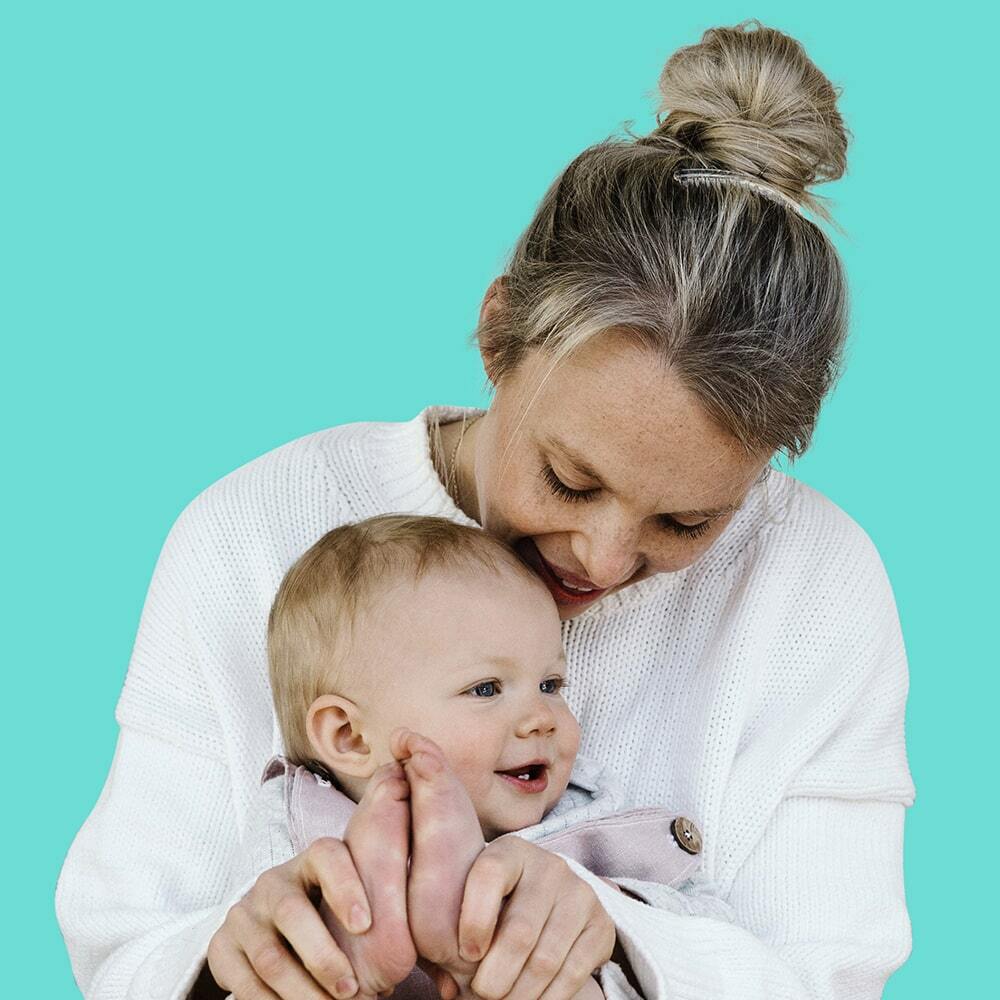PCOS and Fertility
1 September 2023

1 September 2023

PCOS is a complex condition and can be considered as an umbrella description for a whole range of conditions as it can affect fertility, metabolism and mental health. It is important to remember that PCOS affects people differently, depending on ethnic backgrounds, age and the clinical manifestations tend to vary during one's lifetime.
PCOS is diagnosed according to defined criteria and requires two out of the following features:
Some women who have PCOS may be overweight and are at higher risk of developing complications associated with sugar control such as diabetes. Ovulation induction medication or injections are sometimes needed to help women with PCOS fall pregnant if their periods are irregular. Most importantly, lifestyle modifications, like healthy diet and regular exercise, are very helpful for management of PCOS.

Signs and symptoms start around puberty, though some women do not start developing symptoms until later in life. Because hormone levels vary from one woman to another, the symptoms can be mild to severe depending upon the hormone levels.

Irregular menstrual cycles
The reason women with PCOS may find it difficult to fall pregnant is because when periods are irregular, it may be very difficult to predict when ovulation may be occurring and therefore timing intercourse is inaccurate.
Furthermore, if the periods are irregular, the lining of the uterus (the endometrium) does not shed and regrow in a cyclical way every month. The longer the interval between periods, the lining becomes thicker and this can result in heavy and/or prolonged bleeding. For women who do not have periods, this lining fails to shed. It is therefore very important to remember that this can result in the development of abnormal cells in the lining of the womb that may, in turn, increase the risk of endometrial overgrowth (called endometrial hyperplasia). In some cases this can lead to endometrial cancer. Therefore, if you have symptoms that you think may be associated with PCOS, it is really important you see your GP or a trained gynaecologist to give you advice and treatment you may require.
Infertility
Women with irregular ovulations in PCOS may take more time to become pregnant. If it has been 6 to 12 months of trying to become pregnant, and depending on your age, it is recommended that you have a fertility health assessment undertaken. As weight may be elevated in some women with PCOS, it is important to discuss various approaches you can adopt to address this. This is of importance not only as it will improve your chances of getting pregnant but also reduce complications associated with pregnancy and complications that can affect your health in later life as well.
A combination of excessive weight with either insulin resistance or diabetes may increase the risk of coronary artery disease in women in later life. The risk of this can be decreased with weight loss and good sugar management.
Weight gain
Approximately 50% of women with PCOS experience gradual weight gain and obesity. In some women, this occurs at the time of puberty.
Hair growth and acne
PCOS can elicit male-pattern hair growth (hirsutism), evident on the upper lip, chin, neck, sideburn area, chest, upper or lower abdomen, upper arm, and inner thigh.
Acne, a condition causing oily skin and blockages in hair follicles of the skin, may also occur.
Heart disease
Obesity and insulin resistance or diabetes may increase the risk of coronary artery disease in women. Though it is not confirmed whether PCOS carries a similar risk, the risk can be decreased with weight loss and insulin abnormality management. Other treatments such as medications to reduce cholesterol (statins) and blood pressure may also help to minimise this risk.

Lifestyle modifications
The most important think to first consider is lifestyle modifications like weight loss. This can help infertility due to PCOS. Losing 5% to 10% weight can help with restoring regular menstrual cycles and ovulation, with the ultimate hope that you would be able to conceive on your own without any treatment. If you do ultimately require fertility treatment however, even a modest weight drop will undoubtedly also improve efficacy of these treatments.
Medications
A fertility specialist may prescribe you with medications to assist with your fertility. After a thorough medical assessment and investigation, your fertility specialist may recommend medications to counter the effects of PCOS. These medications may include:
Ovulation Induction Medications
Ovulation induction medications like clomiphene or letrozole stimulate ovaries to release one or more eggs. These medications are effective in 80% of women in inducing ovulation and about 25% of these women will fall pregnant per month. It is important that you are monitored during this treatment so the effects of these drugs can be carefully assessed, and you are informed how to proceed with things.
Metformin
Metformin may be prescribed on its own or in conjunction with ovulation induction medications to help increase rate of ovulation as it helps improve insulin resistance associated with PCOS.
Gonadotropin Therapy
Gonadotropin injections (Follicle stimulating hormone injections) may be recommenced if oral ovulation medications do not work. FSH injections are effective therapy for inducing ovulation. Ovulation Induction can be associated with a higher chance of a twin pregnancy.
If these therapies do not work, then In Vitro Fertilization (IVF) can be the next step.
- By Juliette Koch - Medical Director NT

Wherever you are on your journey, one of our supportive nurse enquiry team can help you understand your options and take the next step. These conversations are free and informative.